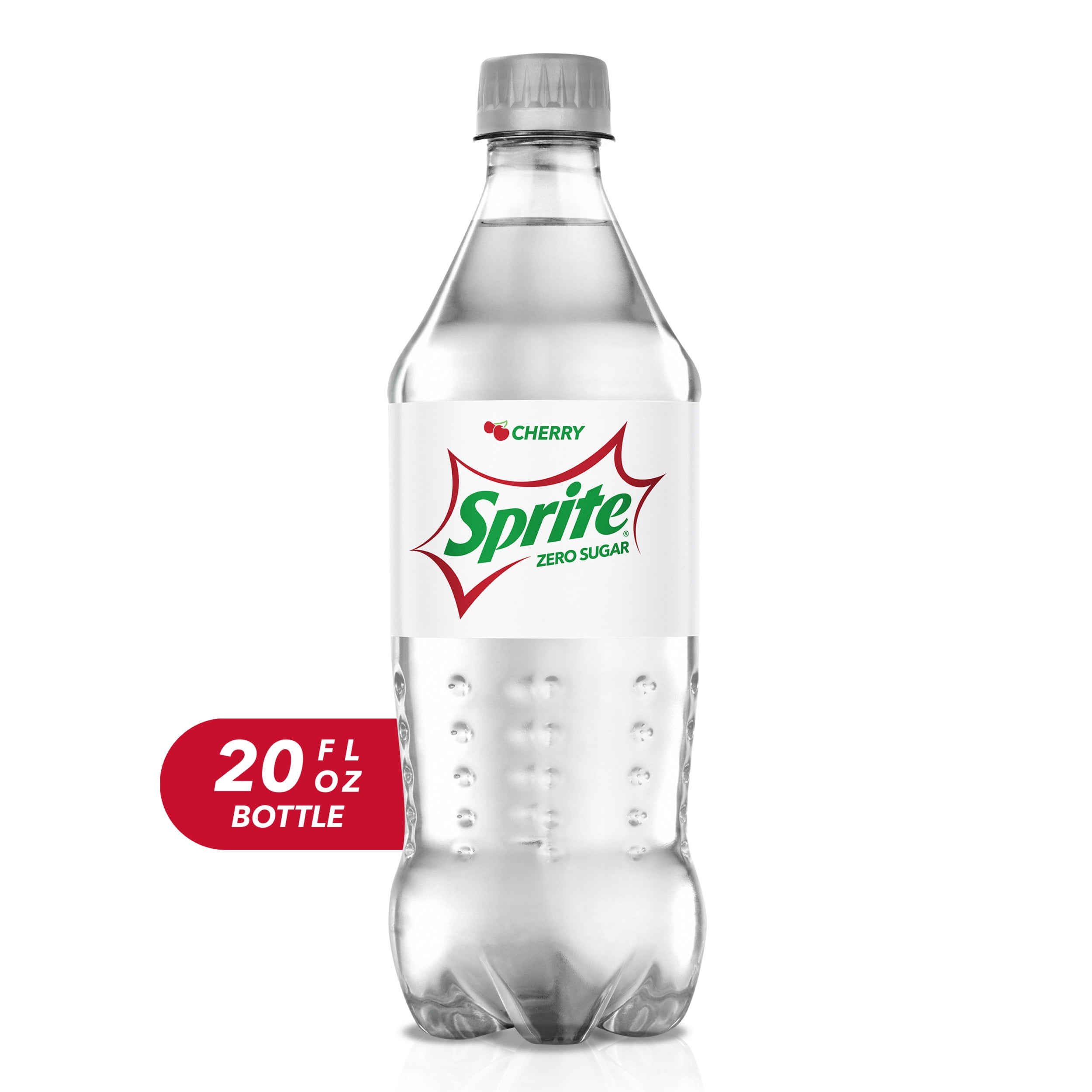

As it turns out, drinking coffee within a social setting has the potential to amplify the benefits you’d get from either option on its own. “Despite the rising occurrence of eating meals alone, eating and drinking are inherently social concepts in many parts of the world, including the Blue Zones,” Pasquariello says. Although their preferred types of coffee vary, residents across both Blue Zones share the habit of caffeinating in the company of others. Meanwhile, Sardinians largely sip on espresso-based beverages. It’s also boiled, which extracts a higher amount of beneficial compounds in coffee-and yields a lower amount of caffeine-compared to a standard brew-and-filter method. Ikarian coffee is lightly roasted and finely ground. “Any anxiety, jitters, racing heart, or digestive upset you might feel from coffee will occur that much faster and can be unpleasant.” Ikaria, Greece and Sardinia, Italy: Caffeinating with company “By diluting your coffee, you can stretch out the length of time that it takes all of the caffeine to hit your system,” Pasquariello says. “Any anxiety, jitters, racing heart, or digestive upset you might feel from coffee will occur that much faster and can be unpleasant.” That said, Nicoya residents also enjoy their brews after lunch to move digestion along, and later enjoy a small caffeine hit with a late afternoon snack. When all of the caffeine hits your system at once, the effects will naturally be more pronounced,” Pasquariello says. “By diluting your coffee, you can stretch out the length of time that it takes all of the caffeine to hit your system. So how can this method encourage good health?

In other words, they don’t solely rely on it for a quick jolt of energy. Healthy people may experience mild gas or bloating after consuming foods sweetened with sugar alcohols, but if you have a GI condition, like irritable bowel syndrome, or you eat a large quantity of something sweetened with sugar alcohols, you might experience more extreme symptoms.A closer look at how the Blue Zones caffeinate Nicoya Peninsula, Costa Rica: Diluting coffeeĪs Blue Zones scholar and longevity expert Dan Buettner previously told Well+Good, residents of Nicoya, Costa Rica enjoy more frequent helpings of weaker coffee throughout the day. Sugar alcohols, such as sorbitol and mannitol, are often found in lower-sugar candies, protein bars, and gum. More studies are needed to clarify this, but it does raise a red flag given that gut dysbiosis is tied to higher levels of inflammation and metabolic disturbances that may increase the risk of health concerns, like heart disease, cancer, Type 2 diabetes, and obesity.Ī more immediate unpleasant effect of consuming sugar alcohols - a type of low-calorie sugar substitute - is gas, bloating and diarrhea. There’s also the potential that sugar substitutes unfavorably influence your gut microbes. For example, in one study among more than 81,000 women, high diet soda drinkers (defined as two or more per day) experienced a 23% higher risk of stroke and a 29% higher risk of heart disease compared with low drinkers (less than one per week). Meanwhile, studies have also raised concerns that diet soda -including the alternatively-marketed zero-calorie soft drinks - may raise the risk of heart disease and stroke.

Moreover, while diet soda and sugar substitutes don’t raise your blood sugar levels at the moment of consumption, there’s no clear evidence that they’ll help with long-term blood sugar control or weight management, according to the American Diabetes Association. In one study, researchers tracked more than 66,000 women for 14 years and found that high diet soda drinkers were at a significantly higher risk of developing Type 2 diabetes. This may explain why some research connects diet soda use with a higher risk of Type 2 diabetes. While the FDA deems sugar substitutes safe, studies have linked sucralose with a significant decrease in insulin sensitivity, which is thought to be due to changes in glucose metabolism. Related: 15 easy ways to lower the added sugar in your diet Potential risks of sugar substitutes So, while these additives are considered safe from this point of view, questions remain about whether they raise the risk of other problems and whether they’re helpful. In determining safety, the FDA reviews data on outcomes such as reproductive health, cancer risk, and potential toxic effects to your nervous system. The exception is for those with a rare genetic condition called phenylketonuria - aspartame is unsafe for people with this disorder. Food and Drug Administration (FDA) considers all of these sweeteners safe when consumed in acceptable amounts.


 0 kommentar(er)
0 kommentar(er)
